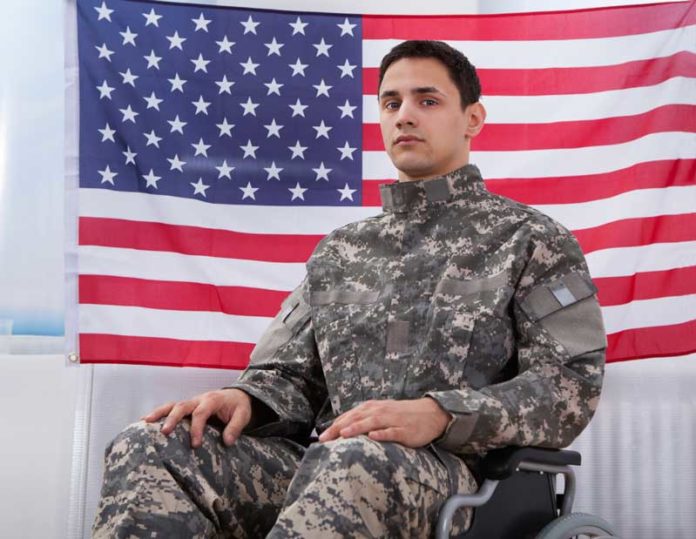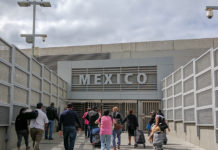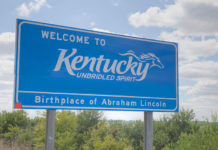When Department of Veterans Affairs (VA) physician Dr. Katherine Mitchell filed a confidential complaint in September 2013 with the office of Arizona Sen. John McCain about the wait time’s veterans were experiencing at a Phoenix VA hospital, little did she know what would happen next.
Her “confidential” complaint was routed in error to the VA’s Inspector General’s office that immediately placed her on administrative leave pending an investigation.
Her complaint?
Someone in Phoenix was cooking the books to make wait times for veterans needing doctor appointments seem far less than they really were – all in order to create the fiction that veterans were getting appointment times within the two to four-week period called for in VA guidelines.
Schedulers within the Phoenix VA Health Care System were keeping two sets of records to conceal prolonged patient waits for appointments and treatment. One set showed the real wait times that veterans were experiencing (four months or more) and one for auditors that showed three to four weeks – a sharp decrease in wait times for care.
It seems that once a doctor’s visit could be scheduled inside the “two to four-week window”, veterans were moved from the real wait list to the phony wait list to improve the wait time numbers. As a reward, VA employees were given cash bonuses and other benefits from VA administrators.
An examination of an e-mail exchange among employees at the Carl T. Hayden VA Medical Center in Phoenix had program analyst Damian Reese complaining that administrators were cheering their “Wildly Important Goals” program as a success because it showed a dramatic reduction in wait times for patient appointments.
According to Reese:
“I think it’s unfair to call any of this a success when veterans are waiting six weeks on an electronic waiting list before they’re called to schedule their first PCP (primary-care provider) appointment,” “Sure, when their appointment was created, (it) can be 14 days out, but we’re making them wait 6-20 weeks to create that appointment. That is unethical and a disservice to our veterans.”
One whistleblower alleged that at least 40 veterans died while waiting for care on the secret list. The investigation final report showed that of the 93 VA facilities reviewed, three fourths had engaged in the deceptive scheduling to improve wait time statistics in order to receive cash bonuses.
The VA has cancelled the cash bonus incentive program – or has it.
In a piece for January 12 issue of The Washington Times, Jacqueline Klimas reports that:
“The Philadelphia VA announced a new incentive program earlier this month that rewards employees with cash and food for deciding cases quickly — a move that some employees say will encourage staff to rush claims and reject deserving applicants, once again leaving veterans struggling for benefits.”
Two days later, Klimas updated her report. According to Klimas:
“The Philadelphia VA regional office abruptly canceled plans Wednesday to pay bonuses for speeding up claims processing, after employees said they feared the bonuses would encourage them to make hasty decisions and deny deserving veterans their rightful benefits. The bonus program…offered $15,000 bonuses to teams that met processing targets and offered breakfast, lunch or snacks to teams that processed the most claims.”
Ms. Diana Rubens, director of the Veterans Affairs regional office in Philadelphia, wrote employees on Wednesday that the program was “rescinded, effective immediately.”






























